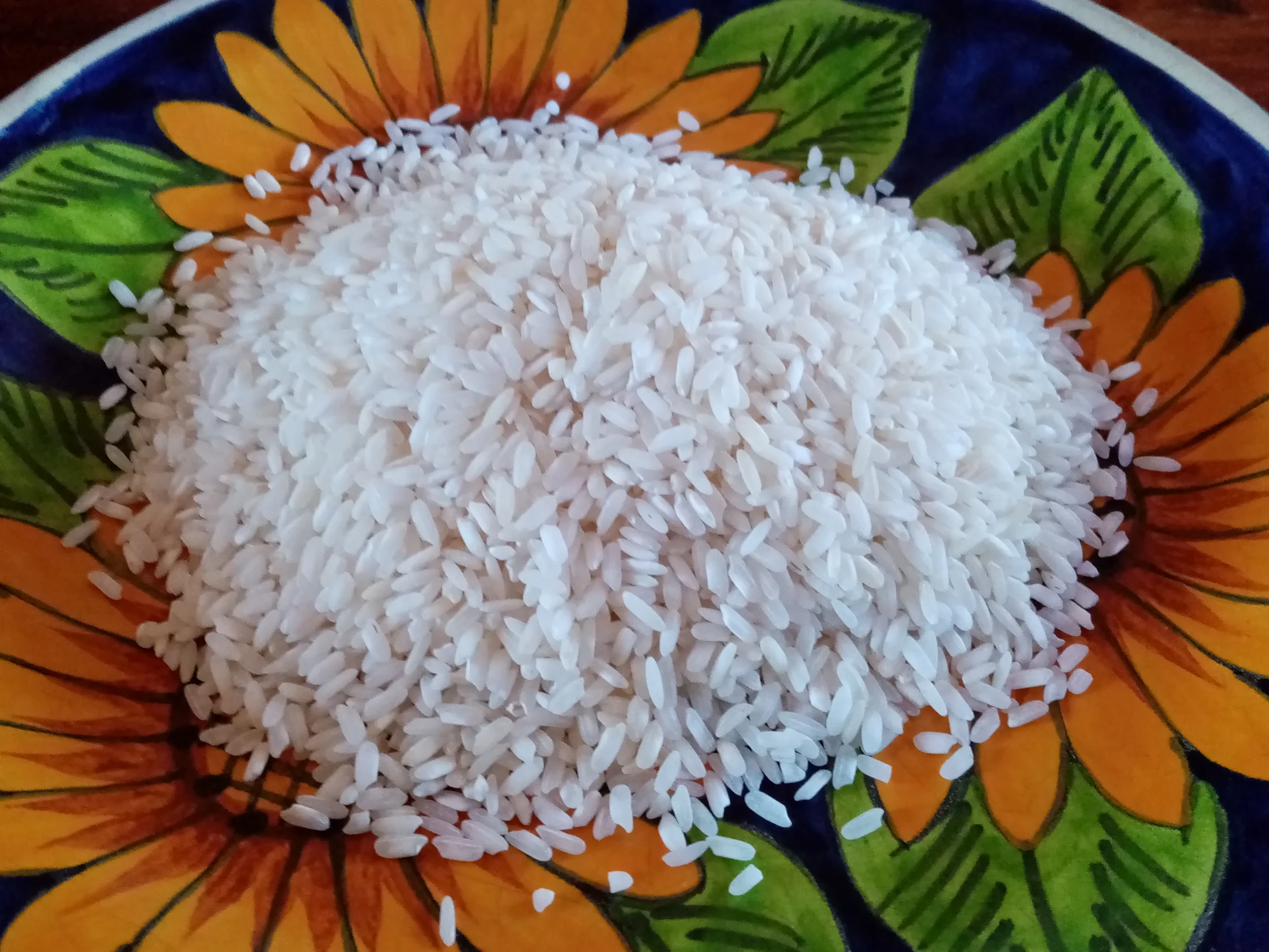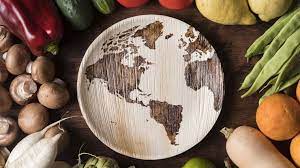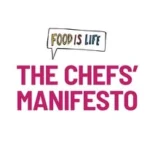The term sounds fancy, yet when broken down, sustainable gastronomy is something we should all practice, if we have the agency to do so.
The Chefs’ Manifesto is all about sustainable practices: doing things in a way that is respectful of the earth, is not wasteful and can be continued well into the future without causing harm to people or the planet.
Gastronomy is also something that Chefs’ Manifesto celebrates and advocates for: cooking seasonal and local ingredients from your region, that focus on delicious taste combined with nutrition, and celebrate the art of food.
Together, sustainable gastronomy is all about knowing where the food comes from to participate in achieving equitable livelihoods as well as buying local, seasonal food, which also helps in protecting biodiversity through food choices and improving animal welfare, and contributes to valuing our earth’s resources and not being wasteful!
Several chefs share their thoughts below on Sustainable Gastronomy and why it is important to them!
Chef Peggy Chan: I guess I’m one of those lucky ones where sustainability + gastronomy has been ingrained in my every fibre since I was little. Being extra sensitive to the suffering around me, I quickly learnt after graduating from culinary school over 17 years ago that I wanted to be a chef who served people high vibing healing foods – which often meant consciously and ethically sourced nutritious whole foods, derived from an ecosystem that is nurtured and restored.
But as with anything else in life, early adopters don’t often get heard or receive the recognition they deserve. Especially in the age of patriarchy, capitalism and competition.
In 2016, I launched a series of pop ups called “The Collective’s Table” to encourage our industry as well as consumers to take holistic plant-based offerings and its ethos more seriously. The idea was to give chefs the chance to explore innovative plant-based cooking, while we prepared a multi-course vegetarian/vegan menu served for one night only. This exchange and open transfer of knowledge was still rare 5-6 years ago, but that was exactly what I needed to bridge the gap between what people viewed as a “Chef” vs. a “Female Plant-Based Chef”. Within the span of three years, we had done 11 pop-ups with a line-up of some of the most well-respected chefs in Asia, where we would often travel to cook with jars of special homemade chilli oil and frozen shrooms in our luggage.
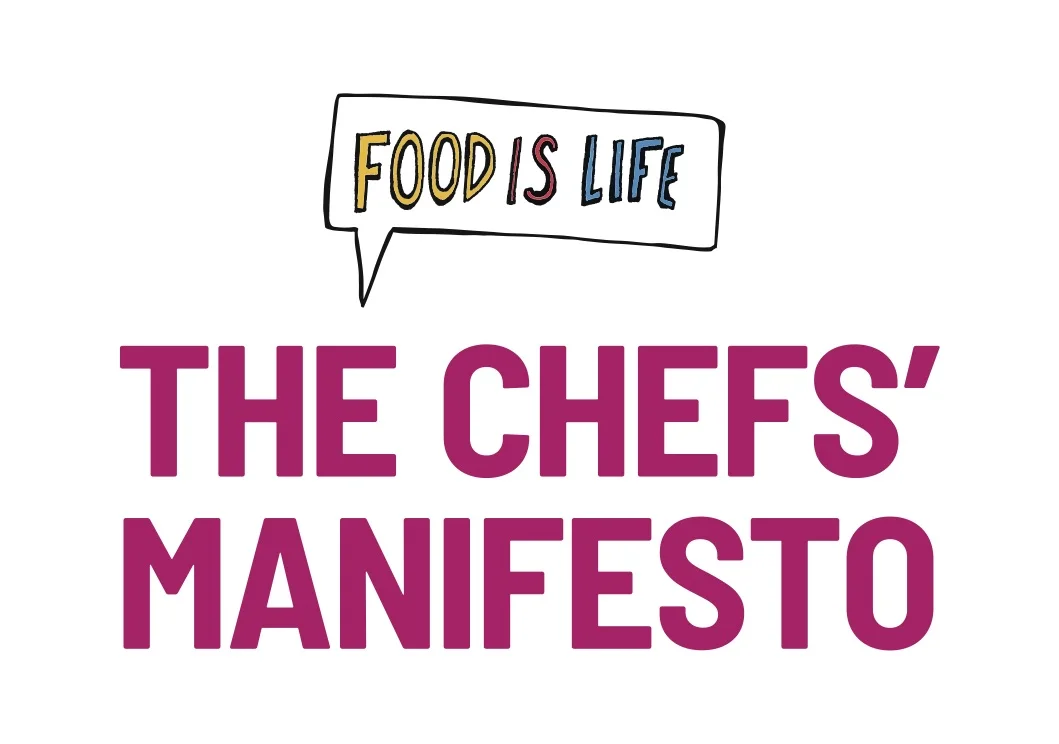
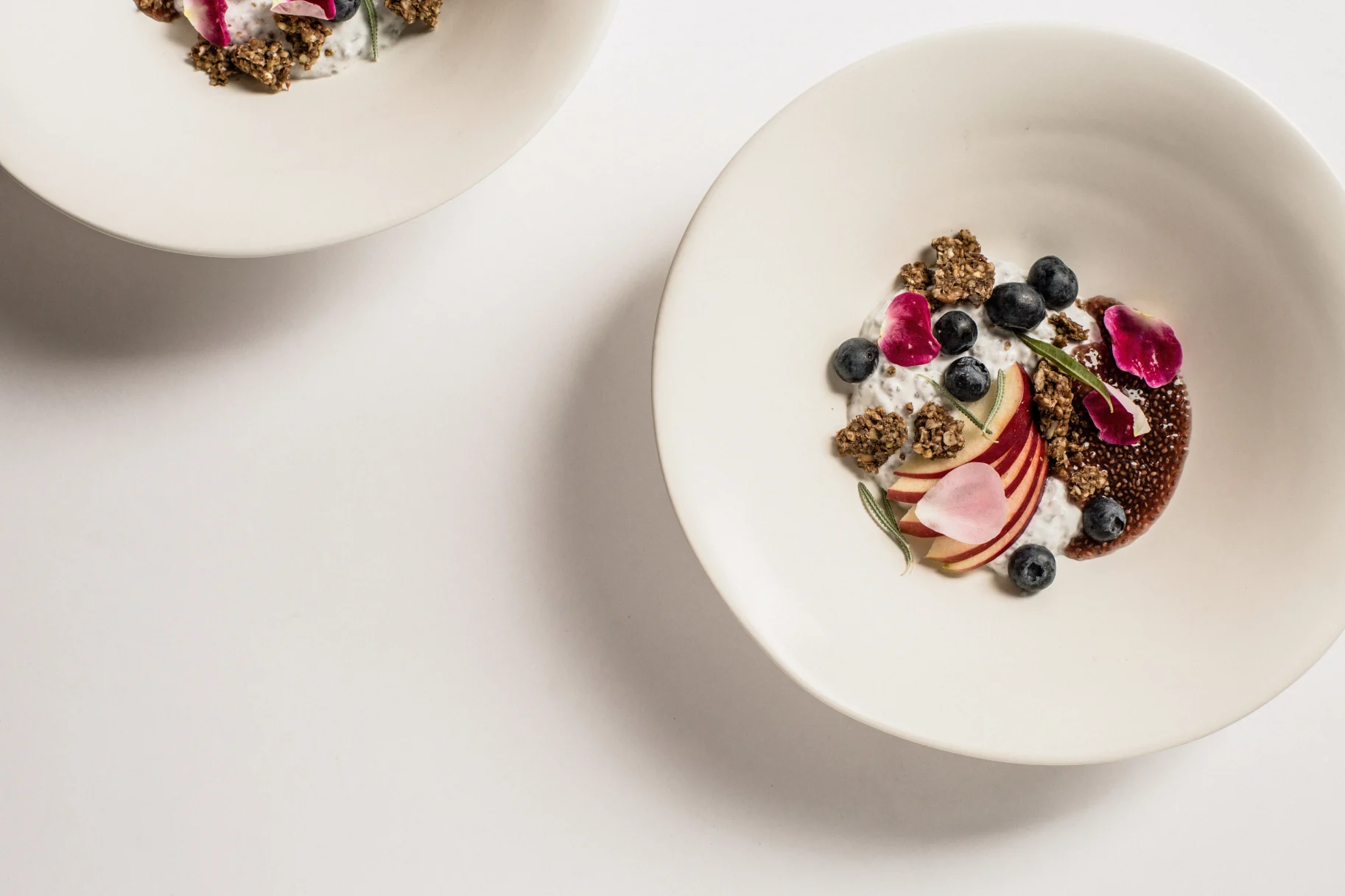
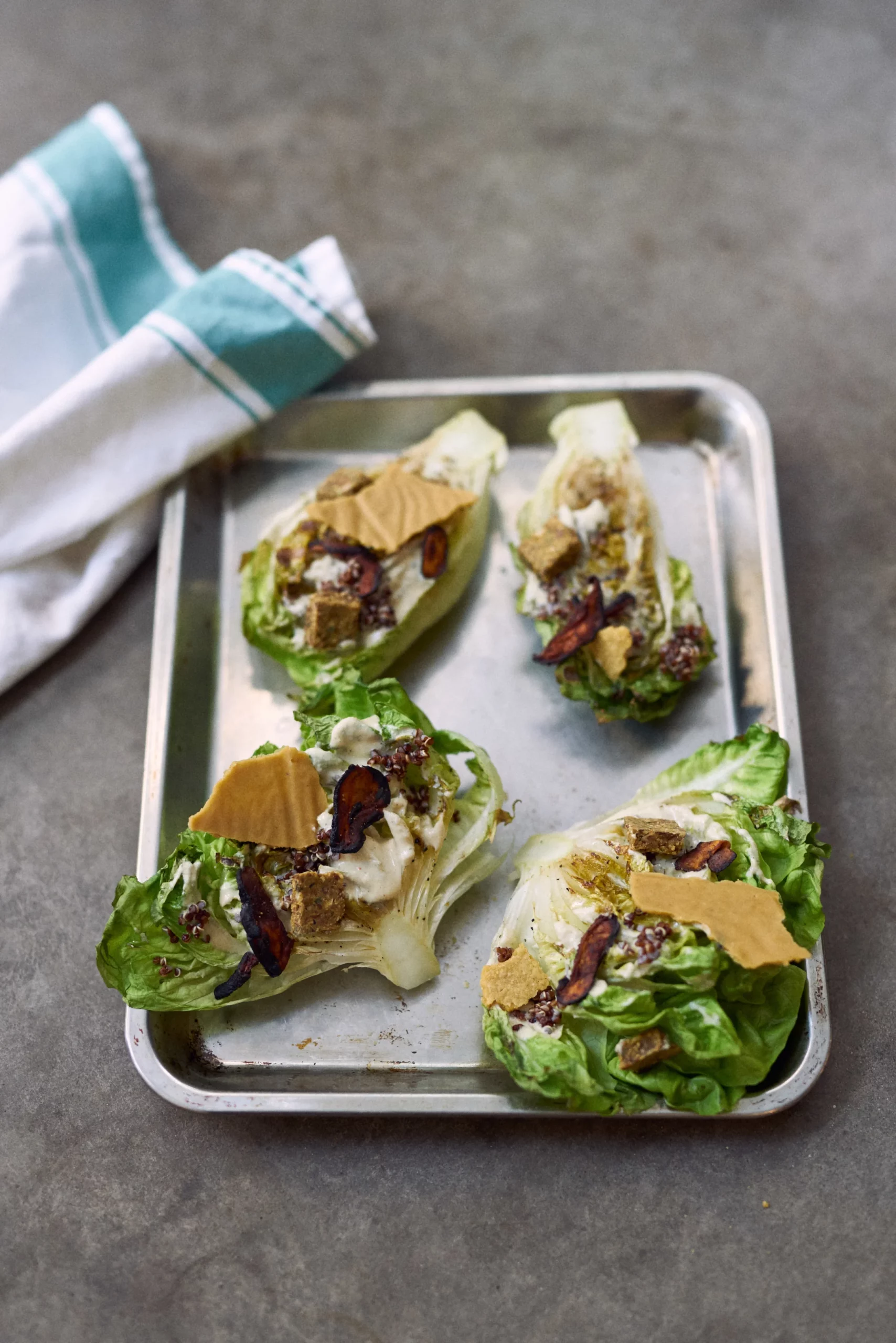
Chef Suzanne Barr: The root of my work starts with using ingredients that connect me with my past using traditional foods.
Within my cooking I try to create moments of nostalgia in every bite while speaking about my truths as a source of vulnerability and triumph.
I choose to advocate for those that are underrepresented, muted or choose resistance against the systems that don’t see them.
I find the power of telling our stories and relating them back to our own connection to food, culture, and our voices. Carve out our own paths. Equity for all as we are designing, crafting and building our own futures.
As an advocate I try to understand my role and impact I have on this planet, my community and my own connection to my past as I look towards a progressive future.
We choose good food for all.
We choose a bright future with equity at every table.
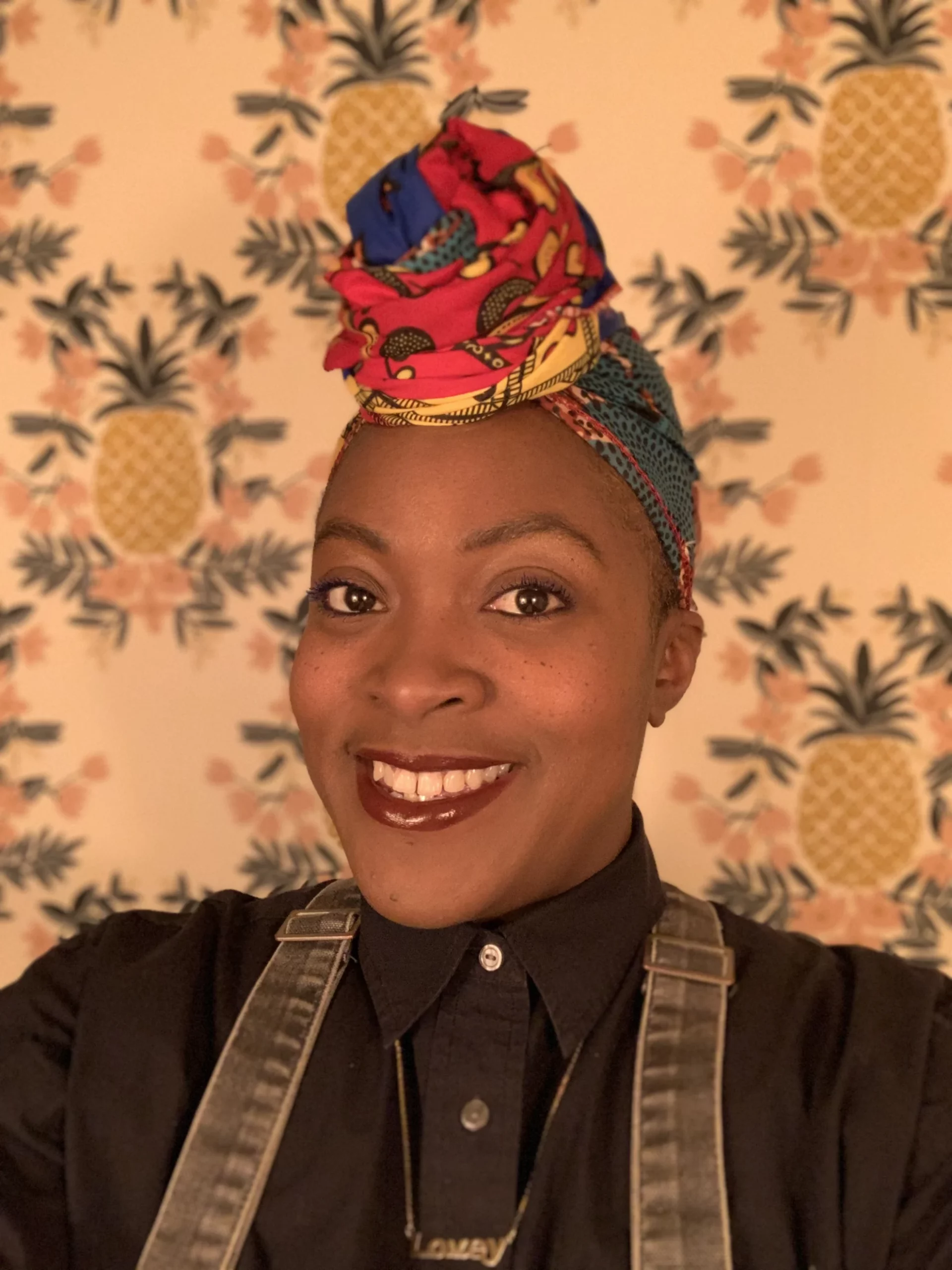
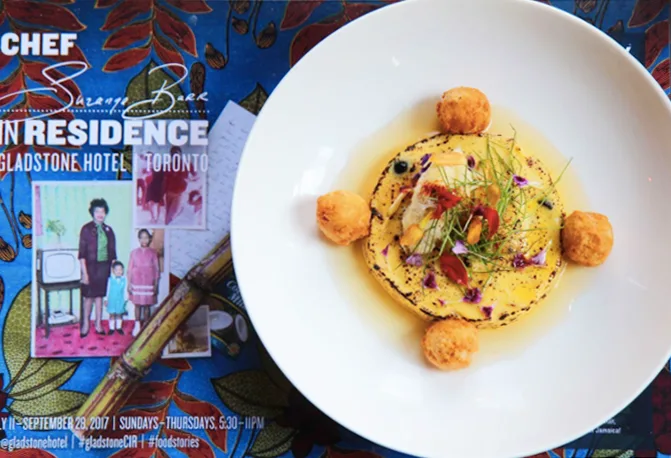
Chef Megha Kohli: we opened our restaurant in August 2015 with the simple philosophy of running an Armenian – Calcutta cafe with a strong focus on regional cuisine and a clear decision of having a 100% local menu with nothing imported on it.
We sourced lesser known ingredients (at that time) like nolen gur (palm jaggery from the Sunderbans ), Kalimpong cheese, smoked Bandel cheese, amaranth pops (at a time where quinoa was the rage ), local meats, Mahua berries, and so much more. It was a real challenge to run the restaurant and inform guests that the meat, the cheese, and all the other ingredients were local, as the guests would walk out or would simply order another dish. We stuck to our vision and today people come to try the same dishes, and talk about the same dishes that earlier were the ones that were making people walk out.
I feel extremely proud to have run a restaurant where we have a menu that changes every season, be it summer, monsoon or winter whilst celebrating the produce of that season.
Protecting biodiversity is vital to feeding a growing population. Yet, we’re losing these resources every day. Delhi is blessed to have different seasons which give us so much diversity in produce and as chefs its our responsibility to champion and celebrate the different ingredients whilst educating people.
As a chef, nothing makes me happier than conversing with guests about the diversity & the vast variety of ingredients that our country offers and ways to incorporate the same in our daily diets . By eating, buying & producing local – not only are you reducing your carbon footprint on the environment but are also supporting local farmers and small scale businesses.
I also launched a thaali festival (the traditional Indian plate with a diverse range of dishes in it) every alternate month – celebrating the cuisine of one state at a time.
I was introduced to Future 50 Foods at the Eat Forum in Stockholm 2019. I realised that many of those are native to India and as Indians we don’t know how to use them, thus I also ran a Future 50 Foods campaign, where I launched a menu featuring and celebrating 2 future 50 foods every month. This way I encouraged people to incorporate a more diverse daily diet.
I strongly believe that educating your team is very important so that they understand and believe in the same cause. I presented various Chefs’ Manifesto sessions and videos championing the cause of SDG2. This had a great impact on them and they got really encouraged to do the same.
I realised what a big part food plays in the current climate emergency and how fixing the food system & our eating habits is one of our biggest opportunities to fight global warming . Food is one of the most powerful tools for change and Chefs are at the centre of this change .
My 3 biggest tips to make a difference?
Support local & seasonal.
Diversify your daily diets & eat more plant based foods.
Minimise food waste.
Remember #foodcanfixit
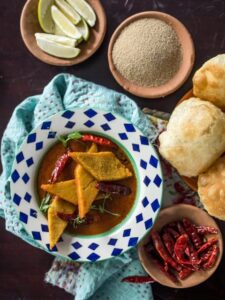
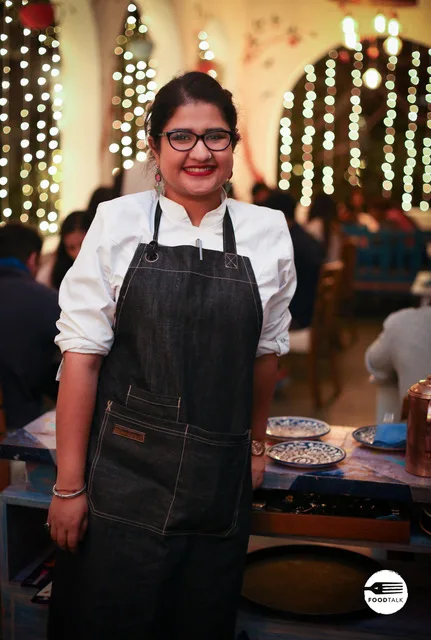
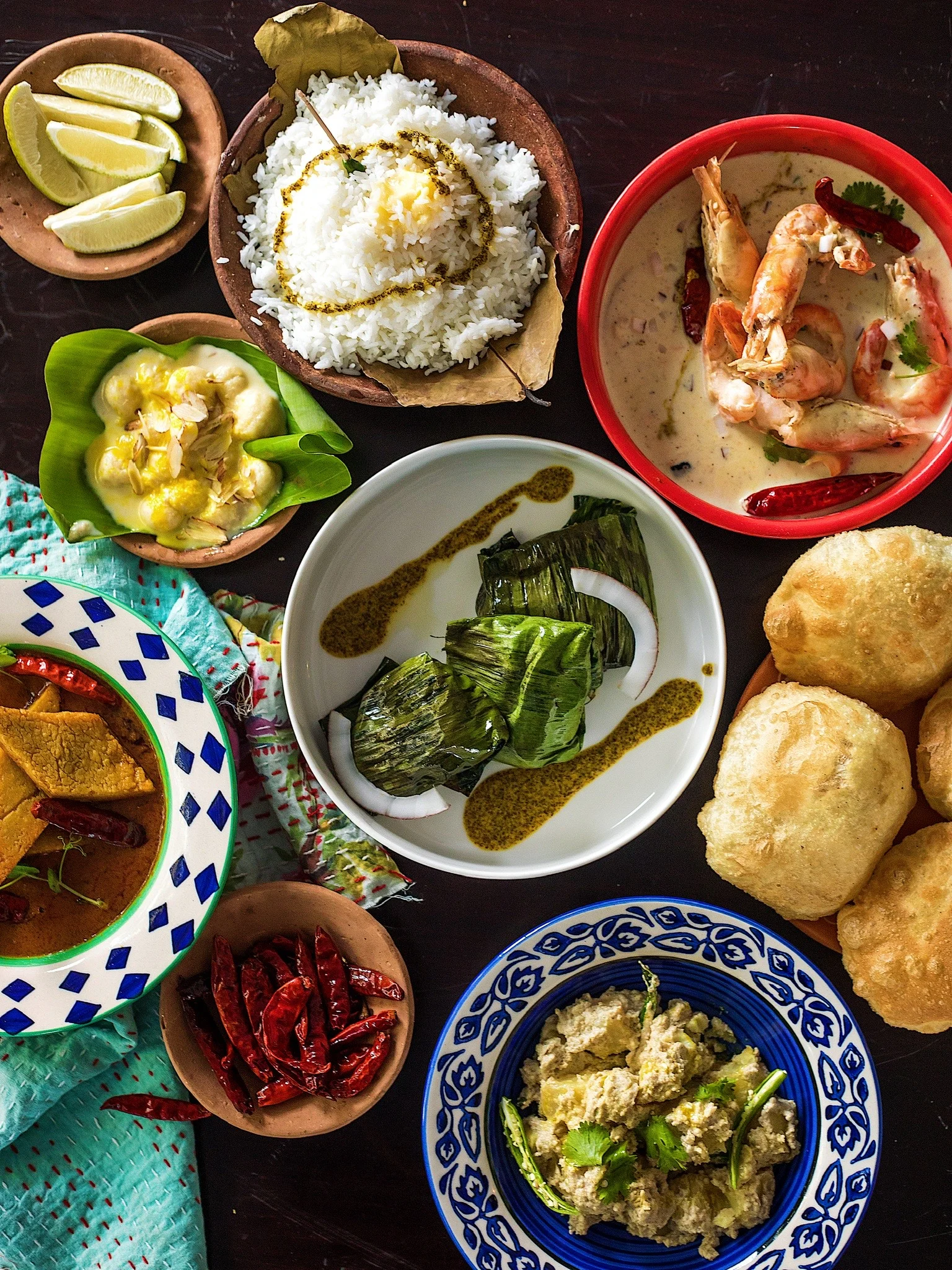
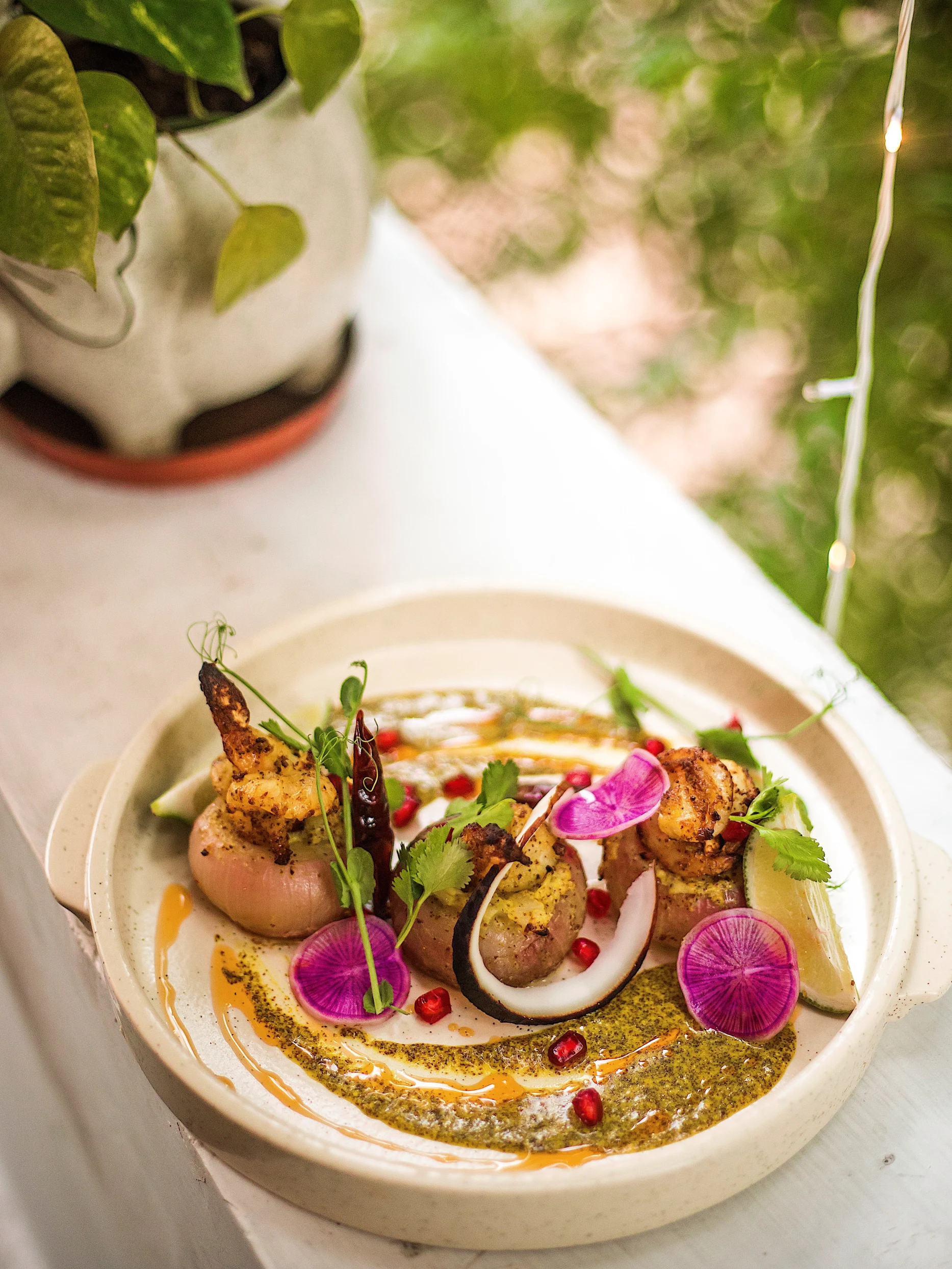
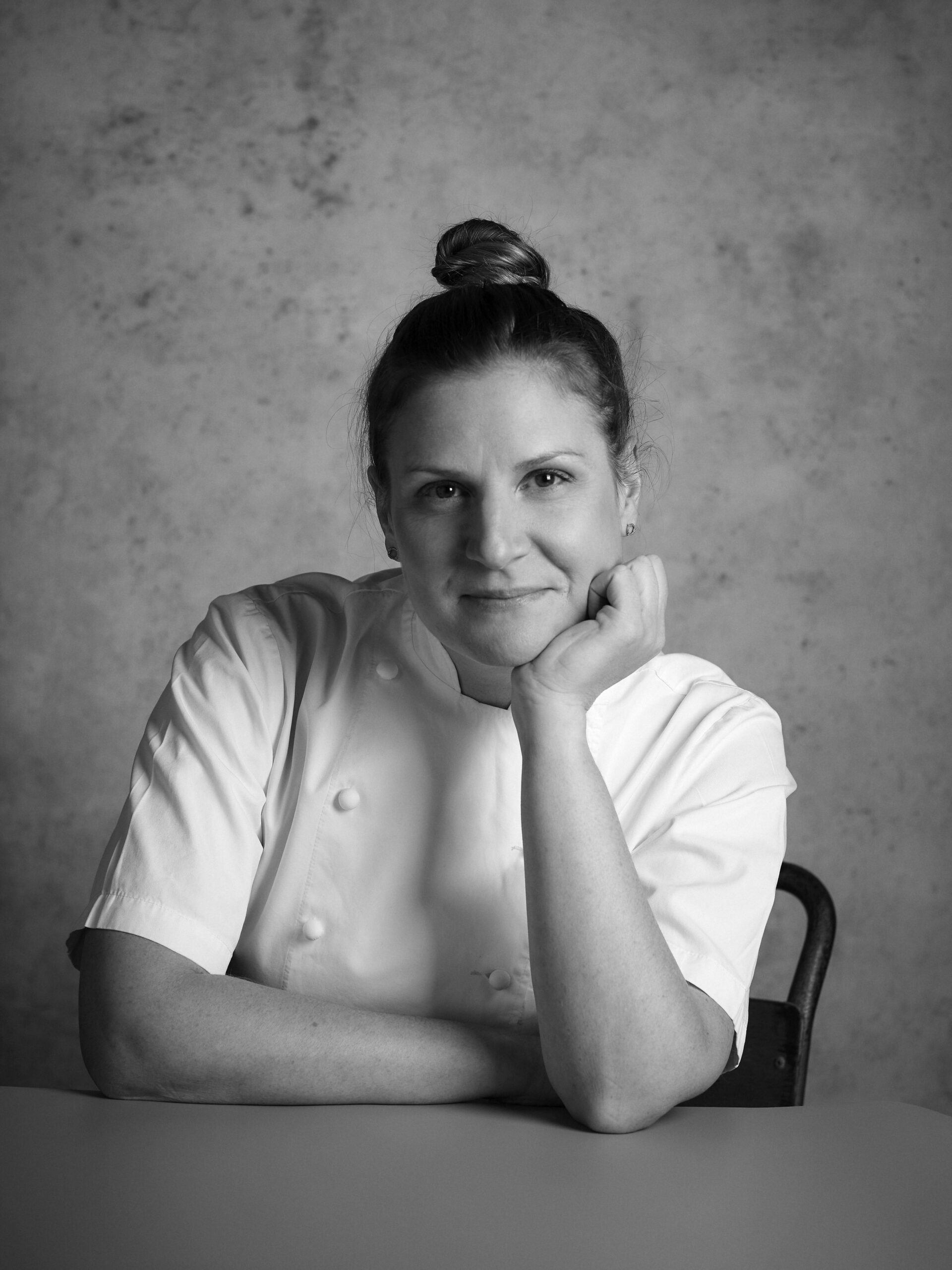
Chef Chantelle Nicholson: The nuances of the word ‘sustainability’ point towards regenerating towards a better way to be, rather than sustaining an untenable way forward.
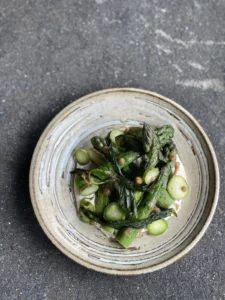
For me and my restaurants, it means analysing all of our inputs, and all of our outputs to see if there is a better way. This brings into account numerous factors and challenges, therefore each is assessed on its own merits and 360 degree ramifications which take into account functional as well as relational considerations.
I see it as a journey, with the destination being a better place. By no means do I have all of the answers, on the contrary, I feel there is a lot more learning to be done but that is also what is the exciting part. We need to be curious, bold, creative and thoughtful in our approach.
And we also must remember one of the most important parts – joy. My love of food is what got me into this business in the first place so taste and flavour are always a top consideration.
The barriers are numerous but being able to feed people, and bring some joy at a moment in time, keeps us going.
The Chefs’ Manifesto sincerely thanks Chef Peggy Chan, Chef Suzanne Barr, Chef Megha Kohli and Chef Chantelle Nicholson for their time, insights and fearless pursuit of Good Food for All.
